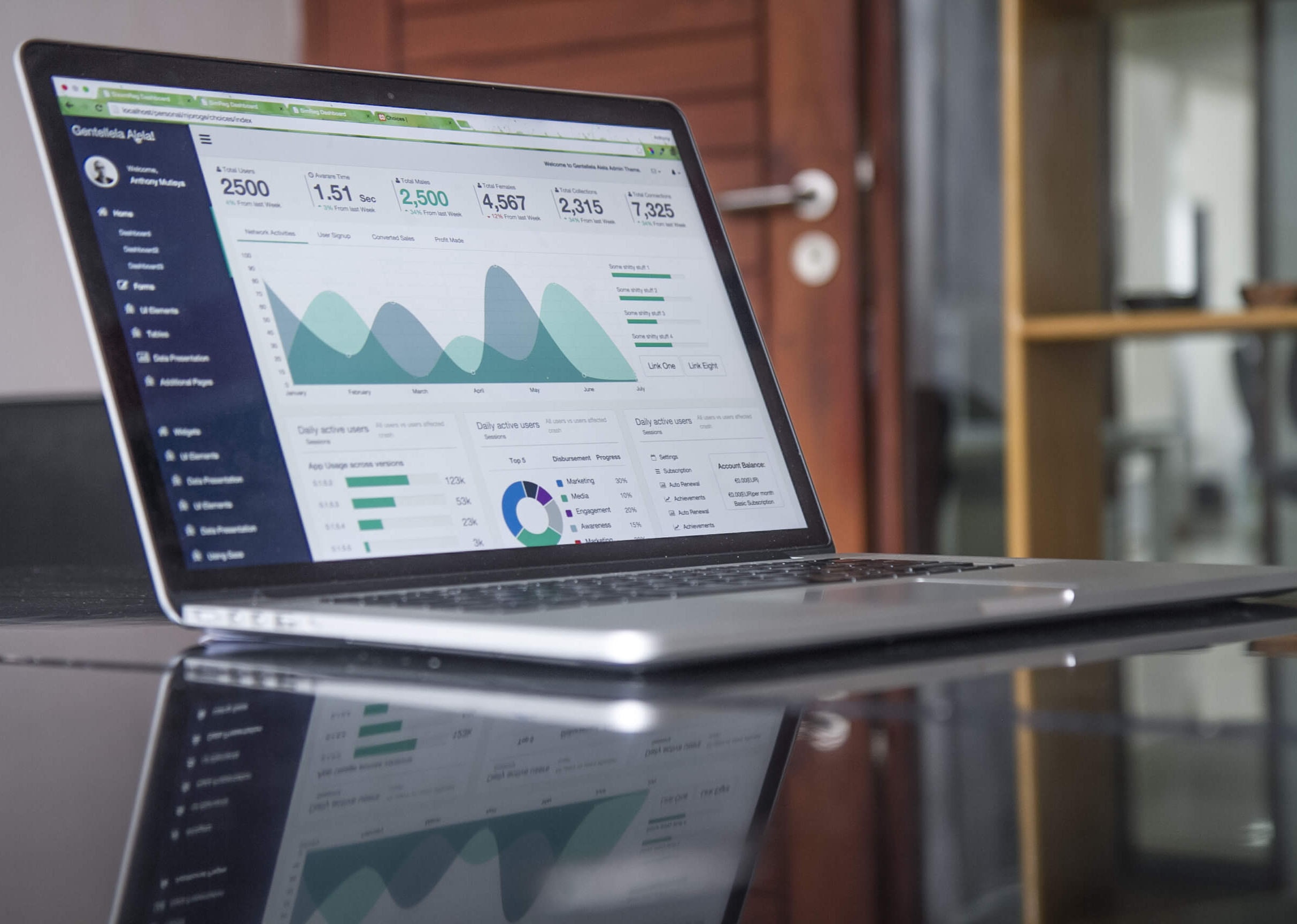Introduction
In today’s digital age, businesses are constantly looking for ways to stay ahead of the competition and reach their target audience more effectively. One technology that has revolutionized the marketing landscape is Artificial Intelligence (AI) and Machine Learning (ML).
Understanding AI and ML
AI refers to the simulation of human intelligence in machines that are programmed to think and learn like humans. ML, on the other hand, is a subset of AI that uses statistical techniques to enable machines to learn from data and improve their performance over time without explicit programming.
The Role of AI and ML in Marketing
AI and ML have transformed the way businesses approach marketing by providing valuable insights, automating tasks, and enhancing customer experiences. Here are some key roles of AI and ML in marketing:
1. Personalization
AI and ML algorithms analyze vast amounts of customer data to identify patterns and preferences. This enables businesses to deliver personalized marketing messages and recommendations, resulting in higher customer engagement and conversion rates.
2. Predictive Analytics
By analyzing historical data, AI and ML algorithms can predict future trends and customer behavior. This helps businesses make data-driven decisions and optimize their marketing strategies for better results.
3. Customer Segmentation
AI and ML algorithms can segment customers based on various factors such as demographics, behavior, and interests. This allows businesses to target specific customer segments with tailored marketing campaigns, leading to higher response rates.
4. Chatbots and Virtual Assistants
AI-powered chatbots and virtual assistants can handle customer queries and provide instant support 24/7. This improves customer satisfaction and frees up human resources for more strategic marketing initiatives.
5. Content Creation
AI and ML technologies can analyze and generate content, such as blog posts, social media updates, and product descriptions. This saves time and resources for businesses while ensuring consistent and high-quality content delivery.
Leveraging AI and ML in Marketing
To leverage the power of AI and ML in marketing, businesses can follow these steps:
1. Collect and Analyze Data
Start by collecting and organizing customer data from various sources such as CRM systems, social media platforms, and website analytics. Use AI and ML tools to analyze this data and gain valuable insights.
2. Implement Personalization Strategies
Based on the insights gained from data analysis, develop personalized marketing strategies that target specific customer segments. Use AI and ML algorithms to automate the delivery of personalized content and recommendations.
3. Embrace Predictive Analytics
Utilize AI and ML algorithms to predict customer behavior and market trends. This will help you make informed decisions and optimize your marketing campaigns for better results.
4. Integrate Chatbots and Virtual Assistants
Implement AI-powered chatbots and virtual assistants to enhance customer support and engagement. Train these systems to understand and respond to customer queries accurately.
5. Experiment with AI-Generated Content
Explore AI-generated content options for your marketing efforts. Use AI and ML technologies to generate blog posts, social media updates, and other content. However, ensure that human editors review and refine the content to maintain quality and brand voice.
Conclusion
AI and ML are revolutionizing the marketing landscape by enabling businesses to deliver personalized experiences, make data-driven decisions, and automate tasks. By leveraging these technologies, businesses can stay ahead of the competition and achieve better marketing results.
